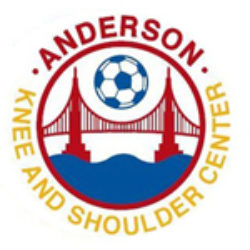As the holiday quickly approaches, many of us are anticipating the first real snowfall of the season with the hope that we can get some skiing in over the break. While the vast majority of patients with orthopedic injuries from skiing; such as anterior cruciate ligament (ACL) injuries, shoulder dislocations, and fractures; can expect a full recovery, the same cannot be said for those patients with head injuries.
Like many of you, I grew up in a time when concussions received little attention. In fact, many sport specific cultures encouraged early return to play after “getting your bell rung”. It was taken as a sign of toughness. Fortunately, that culture is slowly changing, even at the professional level. We would never expect today’s children and teenagers to unduly endanger their brain health.
In keeping with this shift, the slopes are filled with kids wearing helmets. Yet it amazes me to see the adults, the children’s parents and mentors, wearing nothing but a winter cap. This not only jeopardizes their personal health, but it also models reckless behavior and establishes an unnecessary double-standard.
The statistics regarding traumatic brain injuries (TBI) from skiing have been widely published. There have even been some highly public deaths from ski-related brain injuries. Nonetheless, adults continue to choose to ski without protecting their most precious asset, their brain.
One of the most rewarding aspects of orthopedics is that musculoskeletal injuries are universally amenable to care, whether rehab or surgery. Modern medicine has limited ability to positively impact upon the primary brain injury. The care of TBI patients is generally focused on limiting secondary damage, maximizing Mother Nature’s capacity to heal. Unfortunately, the adult brain has little capacity to heal.
Even the most subtle TBI leaves permanent damage. Often times TBI patients note ongoing cognitive problems, such as memory deficits and difficulty with higher order organizational tasks. As a result, some TBI patients are unable to return to work, no longer a provider but instead requiring care. Loved ones will often note subtle but troubling changes in the injured patient’s personality. In short, the TBI patient is very rarely the same person ever again.
I encourage you to fully enjoy all the outdoor activities this winter. The silver-lining of even the most gnarly orthopedic injury is that there is always next year. Just wear a helmet.
-Robert J Purchase, MD
